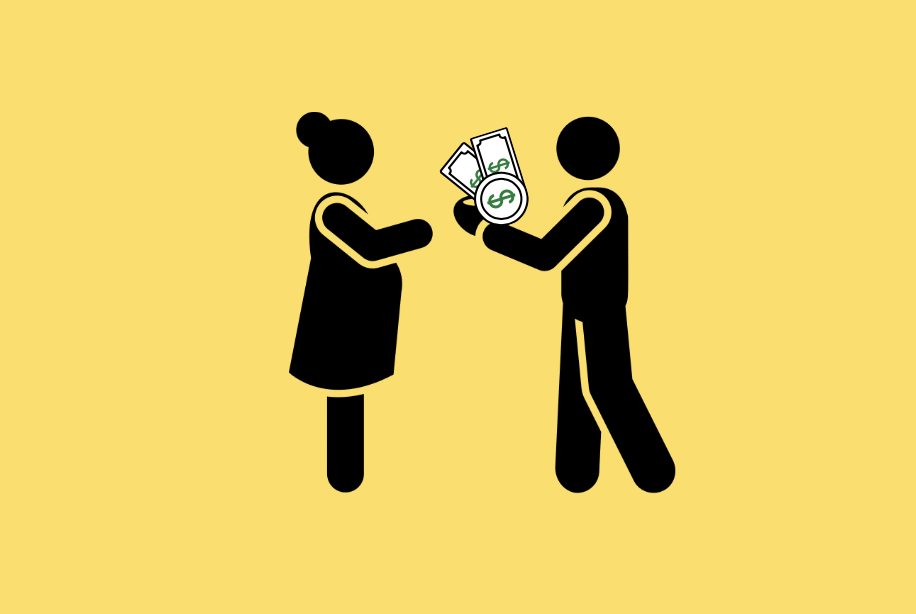If you are in a disagreement with another person over a matter in which the monetary value is not more than 10 million UGX, you can claim it using the small claims procedure.
A small claim has to be civil or commercial. Only an individual, not a company may use the small claims procedure and must appeal in person. Lawyers or advocates are not allowed to represent persons to a disagreement.
Small Claims Procedure
To start a small claim:
- Issue a Notice of Demand to the person you disagree with giving them 14 days to fulfill your demands.
- If payment is made, the matter ends there.
- If not, you compile your claim and attach a Notice of Demand, Affidavit of Service of the Notice and documents supporting your claim & any other information necessary;
- Ask a Judicial Officer to sign the summons.
- The documents are served upon the other person that you are in the disagreement with either by you or by a Court process server.
- Court process server files an affidavit of service within 7 days.
- If the other side does not respond to the summons, the court shall enter judgment.
- If the other side contests the claim he or she will file a written statement of defense (with a counterclaim if any).
- The court will fix a hearing and have Notice served on you and the other side to the dispute.
A small claim does not include:
- Family disputes relating to the management of an estate.
- A claim against the government.
- A disagreement for defamation, malicious prosecution, wrongful imprisonment, wrongful arrest or seduction.
- A petition for divorce, nullification of marriage or separation of spouses.
- A case involving the validity of a Will.
- A claim in which specific performance is sought without an alternative claim for payment of damages, except in the case of a claim for rendering an account or transferring movable property and disputes arising out of tenancy agreements.
- Contracts of service and contracts for service.
Source:

